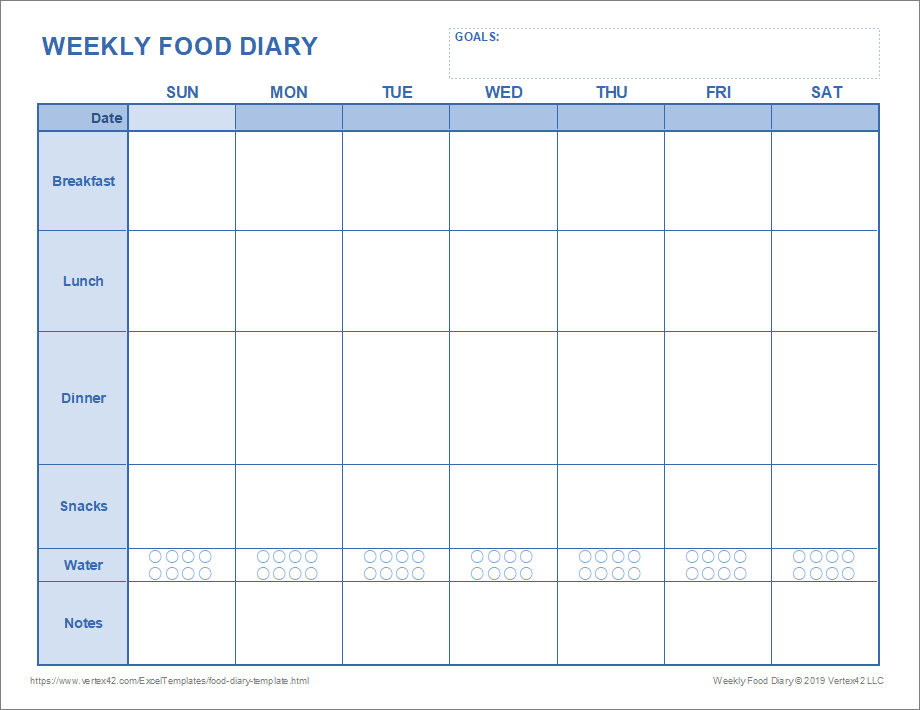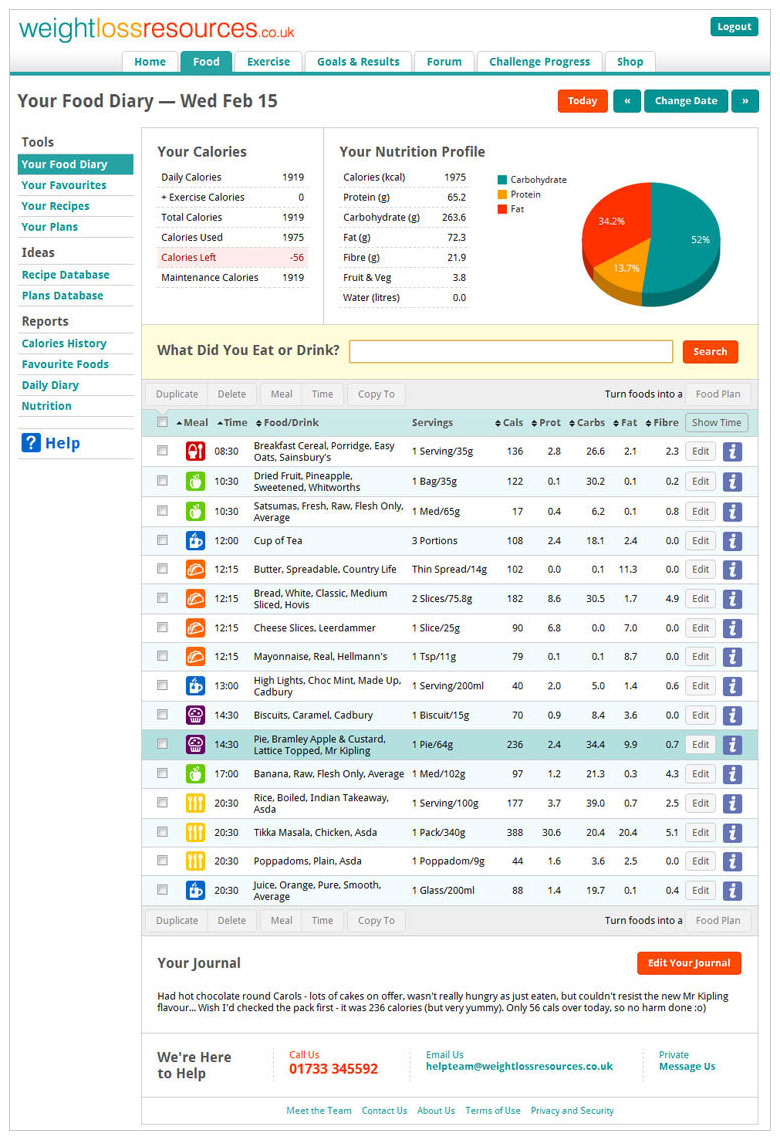
2-day food diaries (weekend and weekday) four times over a yearĪs a food diary has an open-ended format, its outputs can be diverse, including consumption of specific food groups, cooking at home, eating meals with family members or alone, use of table salt or dietary supplements, whether breakfast, takeaway foods or snacks between meals, was consumed. Researchers may also request a respondent to do the assessment repeatedly to account for seasonal differences in consumption: e.g.The more number of days, the less accurate towards the end of the period because of study fatigue.This characteristic is in common with 24-h recall The more days of recording, the greater the likelihood of capturing information on foods sporadically consumed.The more number of days, the less bias toward certain days of the week (i.e.Several days of recording are necessary because of daily variations in what people eat.Parents/carers can complete diaries for young children or provide additional diaries for older children.type of milk and to inquire about non-food items such as dietary supplements

A short questionnaire can be included to aid interpretation of the record and provide details of core foods regularly eaten e.g.Traditionally the method is pen and paper based but the food diary may also be completed either by digital recording or electronically.Foods can also be weighed and recorded if an individual chooses, but the main purpose of using this method is to avoid the burden of weighing.

cups of drinks, slices of bread), for which visual guides and in-advance training are helpful


 0 kommentar(er)
0 kommentar(er)
